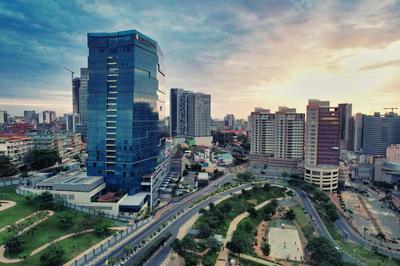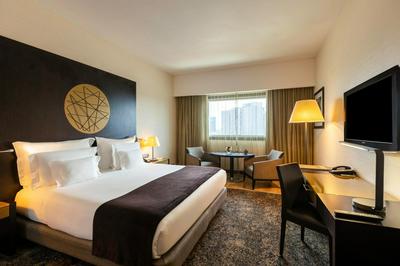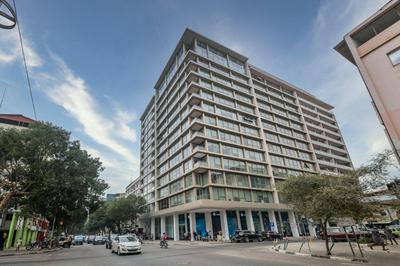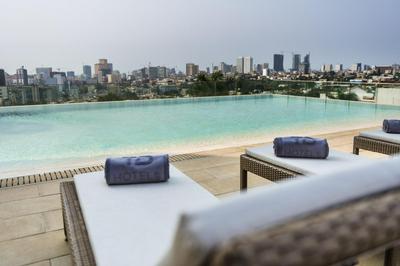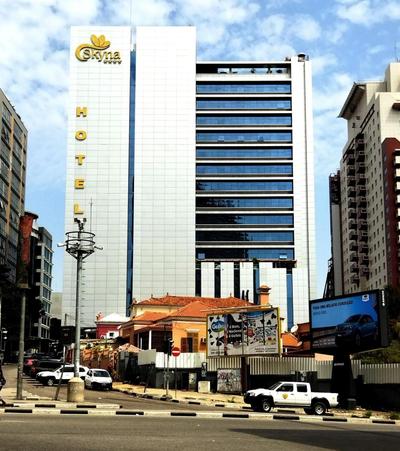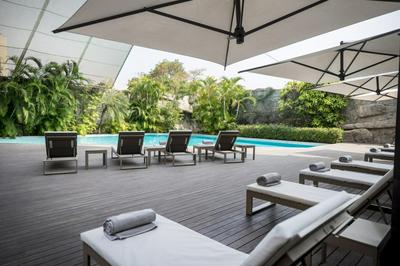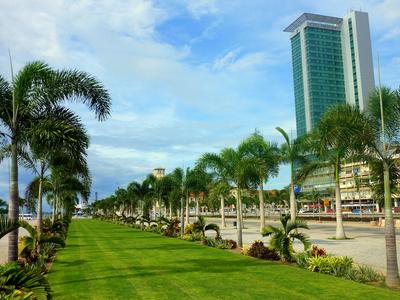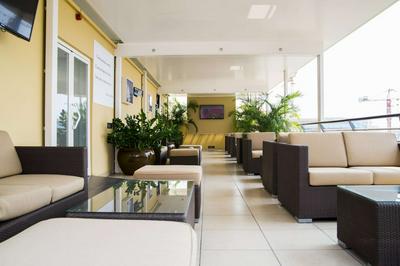When to visit Angola during the year?
Angola's climate varies throughout the year, with a marked dry season from May to September and a wet season from October to April. Visitors flock to the country during the dry season, especially for activities like wildlife safaris in the Kissama National Park or exploring the vibrant city of Luanda. In the rainy season, the lush landscapes transform, revealing numerous waterfalls, making it a great time for nature lovers. However, be prepared for heavy rains, particularly in March and April. The coastal city of Benguela sees significant tourism due to its comfortable weather, beautiful beaches, and exciting local festivals throughout summer.
How to get to Angola?
Angola is accessible via various modes of transportation, primarily by air. The main entry point is Quatro de Fevereiro International Airport in Luanda, which connects to several international hubs.
- Main airport: Quatro de Fevereiro International Airport (LAD), Luanda.
- Major international connections: Lisbon (LIS), Johannesburg (JNB), Dubai (DXB), and São Paulo (GRU).
- Low-cost airlines: TAAG Angola Airlines often offer competitive rates within Africa.
- Flight times: Approximately 10 hours from Lisbon and 8 hours from Johannesburg.
- Main bus stations: Luanda's Terminal Rodoviário do Capelo.
- Cities connected: Frequent services to Huambo, Lobito, and Lubango.
- No international train services available.
- Local trains connect Luanda with Malanje.
- Main roads: Engenheiro José Pacheco highway connects Luanda to other provincial capitals.
- Distances from major cities: Luanda to Huambo (600 km), Luanda to Lobito (500 km).
- Tolls are in place on major highways; road conditions vary.
Tourist activities in Angola
Angola boasts a wealth of activities that cater to diverse interests, from nature and wildlife to culture and adventure. The stunning coastline along the Atlantic Ocean beckons with its pristine beaches, perfect for relaxation and water sports. In Luanda, experience vibrant nightlife and cultural events. For enthusiasts of history, the ancient site of Mbanza Kongo, a UNESCO World Heritage site, offers incredible insights into Angola's past. Venture to national parks like Kissama or Iona for safari experiences, where you can observe unique wildlife such as elephants and giraffes. Outdoor lovers will enjoy hiking in the Serra da Leba mountains or exploring the dramatic landscapes of the Namibe Desert. Fishing along the coast, too, ranks high, with opportunities to catch barracuda and grouper, especially in Luanda. For those looking to immerse in local culture, visiting craft markets and traditional villages provides a deeper understanding of Angola's rich heritage.
Accommodation in Angola
Accommodation in Angola varies greatly, catering to both luxury travelers and those on a budget. In urban centers like Luanda, luxury hotels such as the EPIC SANA and the Hotel Presidente offer top-notch amenities, with prices ranging from $200 to $500 per night. Mid-range options, including guesthouses and boutique hotels, can be found starting from $80 to $150. For budget travelers, hostels and basic lodgings range from $30 to $70 per night. Accommodations in rural areas and near national parks tend to be more limited but may feature charming lodges or campsites for a more intimate experience with nature. Seasonal variations in prices can occur, especially during peak tourist seasons from May to September, when it's advisable to book in advance.
Food in Angola
Angolan cuisine is a delightful blend of African, Portuguese, and Brazilian influences, highlighting its rich cultural tapestry. Signature dishes include Muamba de Galinha (chicken stew with palm oil and okra), Caldeirada (fish stew), and Gizzards with bay leaves. Staple ingredients feature cassava, beans, and a variety of meats. Don't miss the opportunity to try national drinks like Fanta and Kwanza. Eating out is quite affordable, with an average meal in a mid-range restaurant costing around $10 to $20. Street food is also popular, offering tasty treats such as kebabs and fried plantains.
Important numbers and information
- Police: 113
- Ambulance: 222
- Fire Brigade: 115
- Embassy of the United States: Avenida 4 de Fevereiro, Luanda. Phone: +244 222 641 200
- Quatro de Fevereiro International Airport: Luanda
- Currency: Angolan Kwanza (AOA)
- Payment methods: Credit cards are widely accepted, but cash is recommended for smaller establishments.
- Visa requirements: Most nationalities require a visa; check local consulates for specific regulations.
What to see in Angola?
Angola is home to a variety of captivating sights worth exploring. Luanda, the vibrant capital, offers historical sites like the Fortress of São Miguel and the modernist architecture of the Museu de História Natural. For nature enthusiasts, the breathtaking landscapes of the Kalandula Waterfalls and the wildlife of Kissama National Park should not be missed. The coastal city of Namibe boasts stunning deserts and unique geological formations, making it a popular destination. Additionally, the historic city of Mbanza Kongo provides a glimpse into Angola's past and is recognized as a UNESCO World Heritage Site. Each of these locations offers a unique experience that enriches the traveler's journey through Angola.
History, geography and climate
Angola's history is marked by a rich tapestry of various cultural influences, from ancient kingdoms to colonial rule by Portugal. Notably, it gained independence in 1975 after years of civil conflict. Geographically, Angola features diverse landscapes, from the Atlantic coastline to arid deserts and savannas. The notable Serra da Leba mountain range offers stunning views and unique ecosystems. The climate varies by region, with the coastal areas experiencing a humid tropical climate while the interior regions have a semi-arid climate. Average temperatures range from a mild 25°C in the cool dry season to around 35°C during the hotter months.
Population and culture
Angola has a diverse population of approximately 32 million, with ethnic groups including the Ovimbundu, Kimbundu, and Bakongo. Portuguese is the official language, but several local languages, such as Umbundu and Kikongo, are widely spoken. The predominant religions are Christianity and traditional African beliefs, which are interwoven into daily life. Angolans celebrate rich cultural traditions, including music and dance styles like Kuduro and Semba. Public holidays such as Independence Day and Workers' Day reflect the nation's history and social values, showcasing vibrant festivals and communal activities that draw participation from all age groups.

